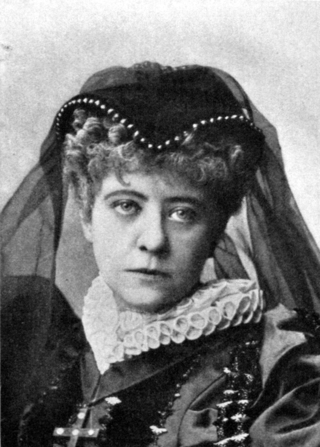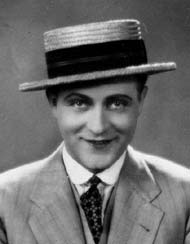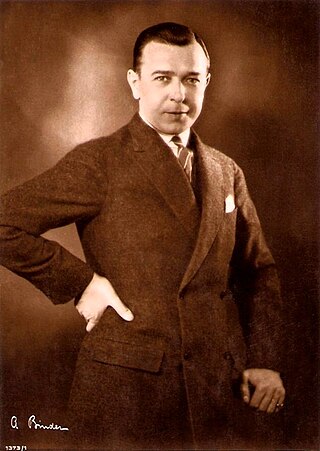
Adele Sandrock was a German-Dutch actress. After a successful theatrical career, she became one of the first German movie stars.

Guido Seeber was a German cinematographer and pioneer of early cinema.

Willy Fritsch was a German theater and film actor, a popular leading man and character actor from the silent-film era to the early 1960s.
Hans Brausewetter was a German stage and film actor of the silent era. He appeared in more than 130 films between 1922 and 1945. He appeared in the 1923 film The Treasure, which was directed by Georg Wilhelm Pabst. He was killed by a bomb blast in Berlin during the final days of the Second World War.

Julius Falkenstein was a German stage and film actor of the silent era. He appeared in more than 180 films between 1914 and 1933. Falkenstein was Jewish, but secured a special permit to continue making films following the Nazi rise to power in 1933. He died of natural causes the same year, having made only one further film.
Fritz Arno Wagner is considered one of the most acclaimed German cinematographers from the 1920s to the 1950s. He played a key role in the Expressionist film movement during the Weimar period and is perhaps best known for excelling "in the portrayal of horror," according to noted film critic Lotte H. Eisner.

Ida Wüst was a German stage and film actress whose career was prominent in the 1920s and 1930s with Universum Film AG (UFA).

Ernő Verebes was a Hungarian-American actor who began his career in Hungarian silent films in 1915. During his film career he worked and lived in Hungary, Germany and in the United States. He was born into a Hungarian emigrant family in New York, but his family later returned to Austria-Hungary.

Georg Alexander was a German film actor who was a prolific presence in German cinema. He also directed a number of films during the silent era.
Operetta films are a genre of musical films associated with, but not exclusive to, German language cinema. The genre began in the late 1920s, but its roots stretch back into the tradition of nineteenth century Viennese operettas.
Rudolf Walther-Fein was an Austrian film director and producer of the Silent and early sound era. He directed the first full sound film to be released in Germany It's You I Have Loved in 1929.

Paul Biensfeldt was a German-Jewish stage and film actor.
Eduard Hoesch was an Austrian cinematographer and film producer.
Hermann Picha was a German stage and film actor. Picha was extremely prolific, appearing in over 300 short and feature films during the silent and early sound eras. Picha played a mixture of lead and supporting roles during his career. He played the title role in the 1920 film Wibbel the Tailor, directed by Manfred Noa. He appeared in Fritz Lang's Destiny.
Woolf & Freedman Film Service was a UK film distributor which was founded by film producer C. M. Woolf, and which operated from 1919 to 1934. The company distributed more than 140 films over a 15-year period. In 1935, Woolf formed a new company, General Film Distributors.
Konstantin Irmen-Tschet was a Russian Empire-born German cinematographer. Irmen-Tschet was a leading technician of German films from the silent era to well into the post-Second World War years. He also often worked in Switzerland.

Elisabeth Pinajeff was a Russian-German actress.
Erich Czerwonski (1889–1940) was a German art director. He designed the sets for around a hundred productions during his career. He died in 1940 after being struck by a train during a blackout.
National Film or National-Film was a German film production and distribution company which operated during the silent and early sound era. In the early 1920s it made an attempt to take over Erich Pommer's Decla-Bioscop, but the projected merger failed and Decla instead joined with the major studio UFA. While Decla was generally in favour of joining with National, it was pressured by its creditors Deutsche Bank to merge with UFA.

Gabriel Levy was a German film producer who was associated with the company Aafa-Film during the 1920s and 1930s. Following the Nazi takeover of power in 1933 the Jewish Levy lost control of the company and was forced into exile in the Netherlands.










